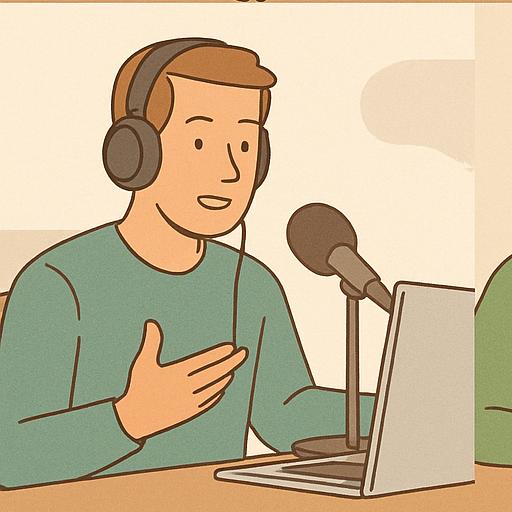
1. Relying on one paycheck is risky
For most people, their primary job is the only source of income. That works fine - until it doesn't. Layoffs, health issues, company closures – these events can happen without warning. When your entire financial structure depends on one paycheck, you’re walking a financial tightrope. Multiple income streams act as a safety net. They help you weather uncertainty and stay in control even when one stream dries up.
It’s not about fear. It’s about preparation. Building a second or third stream doesn’t mean quitting your job - it means gaining freedom from dependency. Even a modest extra income each month can make a big difference when emergencies strike.

2. Supplement your income without quitting your job
Many additional income sources require only a few hours a week. Freelance work, tutoring, print-on-demand design, content creation – all can be done outside work hours. You’re trading time for flexibility and future opportunities. The idea is not to exhaust yourself, but to build slow and steady.
Start with your strengths. What do people ask your advice on? What are you already doing that could be monetized with slight adjustments? Even testing small projects can reveal surprising income potential with minimal risk involved.

3. Passive income isn't a myth - it’s just misunderstood
Passive income doesn't mean "do nothing and get rich". It means doing the work upfront, so the effort pays you later. Writing an ebook, launching a course, building a YouTube channel, renting out a room – these take time and energy at first, but can generate money repeatedly. You don't need to go viral. You need to create something useful that keeps working after you're done building it.
Many people abandon passive income ideas too early. The key is not perfection - it’s consistency. Publish regularly. Improve with each iteration. Passive doesn't mean instant – it means ongoing, after initial work is done.

4. Diversification creates financial stability
Just like investors diversify portfolios, smart earners diversify income. It’s not just about making more – it’s about protecting what you have. If one client pauses work or an algorithm changes, your income doesn't disappear entirely. This stability reduces stress and gives you room to breathe.
Think in categories: active (freelancing), semi-passive (affiliate sites), and truly passive (investments). A balanced income portfolio functions much like a well-managed budget – it reduces risk and gives you options.

5. Your skills are more valuable than you think
Maybe you’re not a programmer or a content creator – that’s fine. Can you organize events? Fix things? Translate? Cook? The market for niche skills is massive. What seems "normal" to you could be valuable to others. Offering services on platforms like Fiverr or Upwork isn’t about being famous – it’s about solving problems people already pay to fix.
Don’t let perfection stop you from starting. Put your offer out there, test demand, refine your pricing, and grow from feedback. Income streams don’t need to be flashy – they just need to work.

6. Build once, earn many times
Some of the best side incomes are based on reuse. Templates, photos, guides, printables – once created, they can be sold repeatedly with no extra cost per unit. The internet has enabled low-cost distribution like never before. This means your digital work can bring income long after the effort is made.
Digital products scale with ease. Whether you earn $50 or $5,000 often depends only on your audience and timing – not the hours you put in daily.

7. Freedom means more than quitting your job
Building multiple income streams doesn’t mean you hate your 9-to-5. It means you’re creating choice. The power to take a break, switch careers, or fund a passion project – that starts with income independence. Money alone isn’t freedom – options are.
When income isn’t tied to one employer, your confidence grows. You make decisions from strength, not fear. That’s where the real shift begins.
Photo: taken from the internet